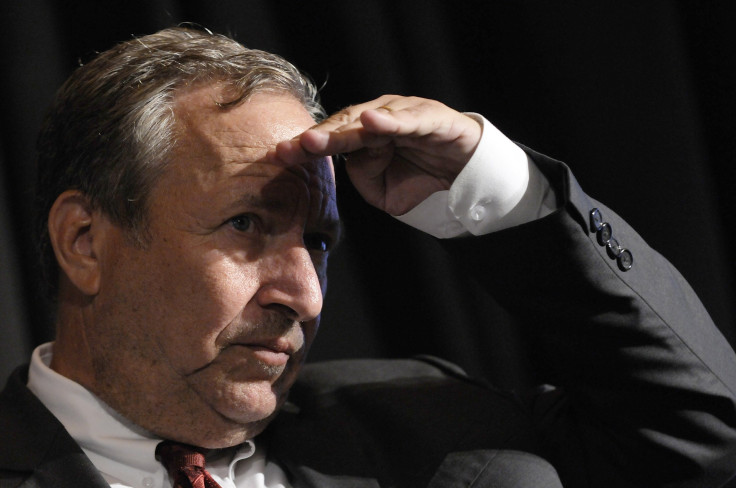Donald Trump Would Spark Recession ‘Within 18 Months’ If Elected, Former Clinton Treasury Secretary Larry Summers Warns

Larry Summers has a warning for traders: Beware the Trump.
Electing the real estate billionaire could spur trade wars, scare off foreign investors, destabilize geopolitical relations and sow widespread uncertainty, the economist and former Treasury secretary for President Clinton wrote in a Washington Post op-ed published online Sunday evening.
Were Donald Trump elected in November, “I would expect a protracted recession to begin within 18 months,” Summers wrote.
The chief danger would come from policies the presumptive Republican nominee has proposed, from stiffing U.S. bondholders to implementing tax cuts that would add an estimated $10 trillion to the national debt.
Trump’s raft of campaign promises “could damage confidence and markets in the short run and the creditworthiness of the country and centrality of the dollar over the longer term,” Summers wrote.
Despite the apparent risks, however, investors have not hedged against a Trump presidency in the same way they have prepared for the possibility of a British exit from the European Union, or Brexit. Polls released Monday showing increased support for the Brexit referendum, scheduled for June 23, sent the British pound tumbling to three-week lows against the dollar.
The same hair-trigger sensitivity to changing election odds has not applied to investors’ calculations over a potentially economy rattling Trump presidency. Markets for securities show only “modestly elevated volatility” in the period around the election, Summers wrote.
That’s a curiosity for those, like Summers, who are wary of how Trump’s audacious approach to global politics would affect the world’s largest economy.
Trade agreements in particular have been a fixation for Trump, who has threatened to slap tariffs on goods originating in Mexico and China. That would send a shudder through the U.S. corporate world; the 200 largest U.S. companies derive around 40 percent of their revenue from foreign sales.
“In a world economy defined by global integration, Trump’s economic nationalism is highly dangerous,” Summers wrote. “If Trump did even half of what he has promised, he would surely set off the worst trade war since the Depression.”
Summers, who advised President Obama on economic matters from 2009 through 2010, joins a diverse cast of economists who have sounded warnings around how Trump, if elected, might affect the economy. Their caution hasn’t been lost on big money. “The U.S. presidential election is now part of every client conversation,” Goldman Sachs analysts wrote to investors in May.
Yet somehow that trepidation has yet to translate into significant market angst, as Summers noted. Of course, the lack of volatility in trading around this presidential election may indicate a simple fact: Investors don’t expect a President Trump come 2017.
© Copyright IBTimes 2024. All rights reserved.












